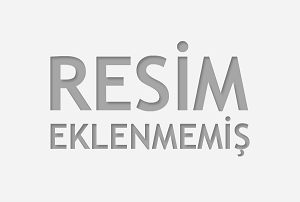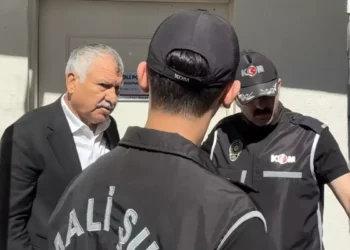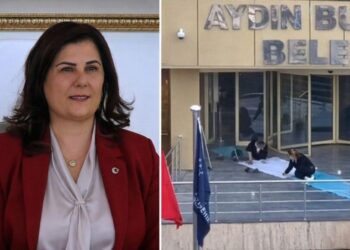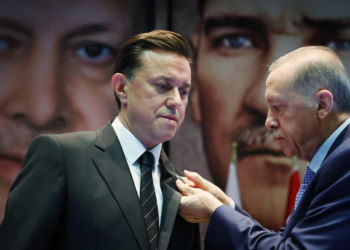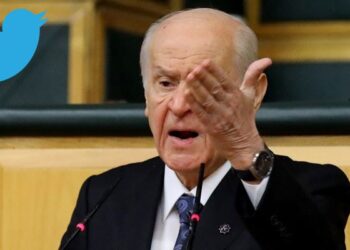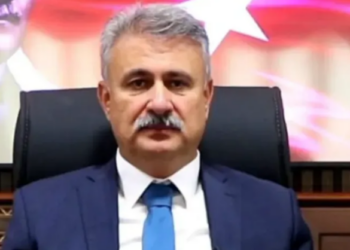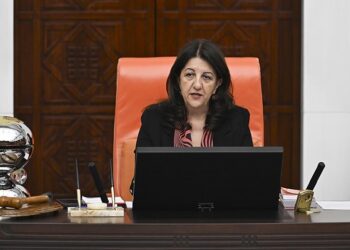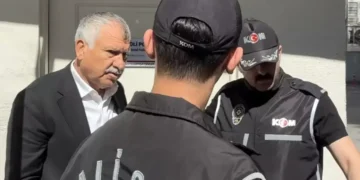
Iran expects to hold more talks with the UN nuclear watchdog, it said on Tuesday, after a two-day visit by inspectors from the International Atomic Energy Agency aiming to push Tehran towards more transparency over its nuclear programme.
Senior inspectors from the UN International Atomic Energy Agency (IAEA) had travelled to Iran for the second time in less than a month for talks on Iran’s nuclear programme, which has triggered UN sanctions and an oil embargo by Western states.
Iran denies Western accusations that it is covertly seeking the means to build nuclear weapons and says it will not abandon a nuclear programme that is entirely peaceful. It has also voiced willingness to resume talks with world powers that foundered a year ago.
The five-member IAEA team was seeking answers from Iran about intelligence suggesting its declared civilian programme is a facade for a weapons programme.
An IAEA report last year suggesting Iran had pursued military nuclear technology helped precipitate the latest rounds of EU and U.S. sanctions, which are causing economic hardship in Iran ahead of a parliamentary election in March.
“The second round of talks between Iran and the IAEA team regarding mutual cooperation ended this evening in Tehran,” the student news agency ISNA quoted Iran’s ambassador to the IAEA in Vienna, Ali Asghar Soltaniyeh, as saying.
“The negotiations will continue in the future.”
The delegation’s head, Herman Nackaerts, said on departure from Vienna that he wanted “concrete results” from the talks.
The delegation was expected, among other things, to seek to question Iranian nuclear scientists and visit the Parchin military base, believed to have been used for high-explosive tests relevant to nuclear warheads.
But Foreign Minister Ali Akbar Salehi dampened speculation about increased IAEA access when he told ISNA that the agency officials would not be going to any nuclear sites.
Iran’s readiness or otherwise to engage with the inspectors will help to determine whether the five permanent members of the Security Council plus Germany, known as the P5+1, agree to a resumption of formal nuclear negotiations with Iran.
The West has expressed some optimism at the prospect of new talks, particularly after Iran sent a letter to EU foreign policy chief Catherine Ashton last week promising to bring “new initiatives” to the P5+1, without stating preconditions.
Salehi said on Tuesday that a venue for talks with the P5+1 could be announced at the weekend, and that Turkey had offered to host them.
“God willing, on Saturday after other parties announce their readiness then Mr Jalili and Mrs Ashton will come to an agreement on the venue,” he told a news conference in Tehran.
In Brussels, where Ashton is coordinating the P5+1 position, a European Union diplomat said: “We need more consultations to decide the next steps.”
Western powers have said they will hold talks only if Iran abandons preconditions that would keep its uranium enrichment programme off the negotiating table. They say Iran is enriching uranium beyond the level needed for power generation.
The United States and Israel have not ruled out using force against Iran if they conclude diplomacy and sanctions will not stop it from developing a nuclear bomb.
The deputy head of Iran’s armed forces was quoted on Tuesday as saying Iran would take pre-emptive action against its enemies if it felt its national interests were endangered.
“Our strategy now is that if we feel our enemies want to endanger Iran’s national interests, and want to decide to do that, we will act without waiting for their actions,” Mohammad Hejazi told the Fars news agency.
In retaliation for oil sanctions, Iran, the world’s fifth-largest crude exporter, has threatened to close the Strait of Hormuz, conduit for a third of the world’s seaborne oil, while the United States signalled it would use force to keep it open.
The White House said there was still time for diplomacy.
“Israel and the United States share the same objective, which is to prevent Iran from acquiring a nuclear weapon,” White House spokesman Jay Carney said when asked about a weekend visit to Israel by National Security Advisor Tom Donilon.
“There is time and space for diplomacy to work, for the effect of sanctions to result in a change of Iranian behaviour.”



